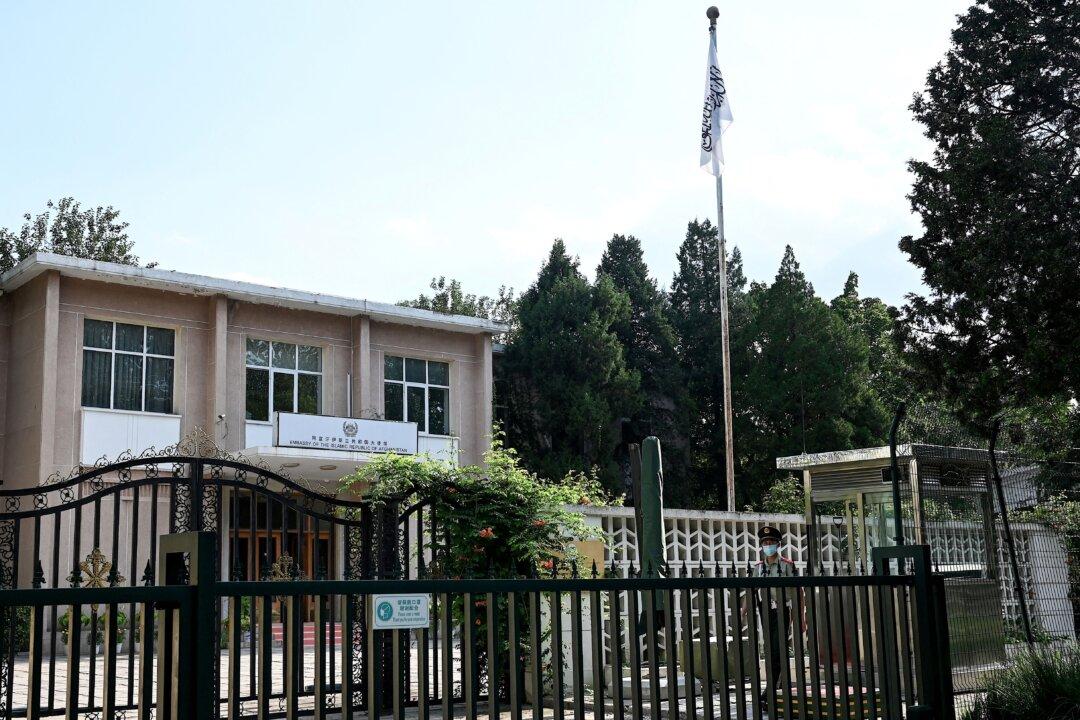Commentary
In February, Chinese leader Xi Jinping accepted the credentials of the Taliban ambassador in a move that began the normalization of an oppressive and murderous regime led by a terrorist organization.

In February, Chinese leader Xi Jinping accepted the credentials of the Taliban ambassador in a move that began the normalization of an oppressive and murderous regime led by a terrorist organization.